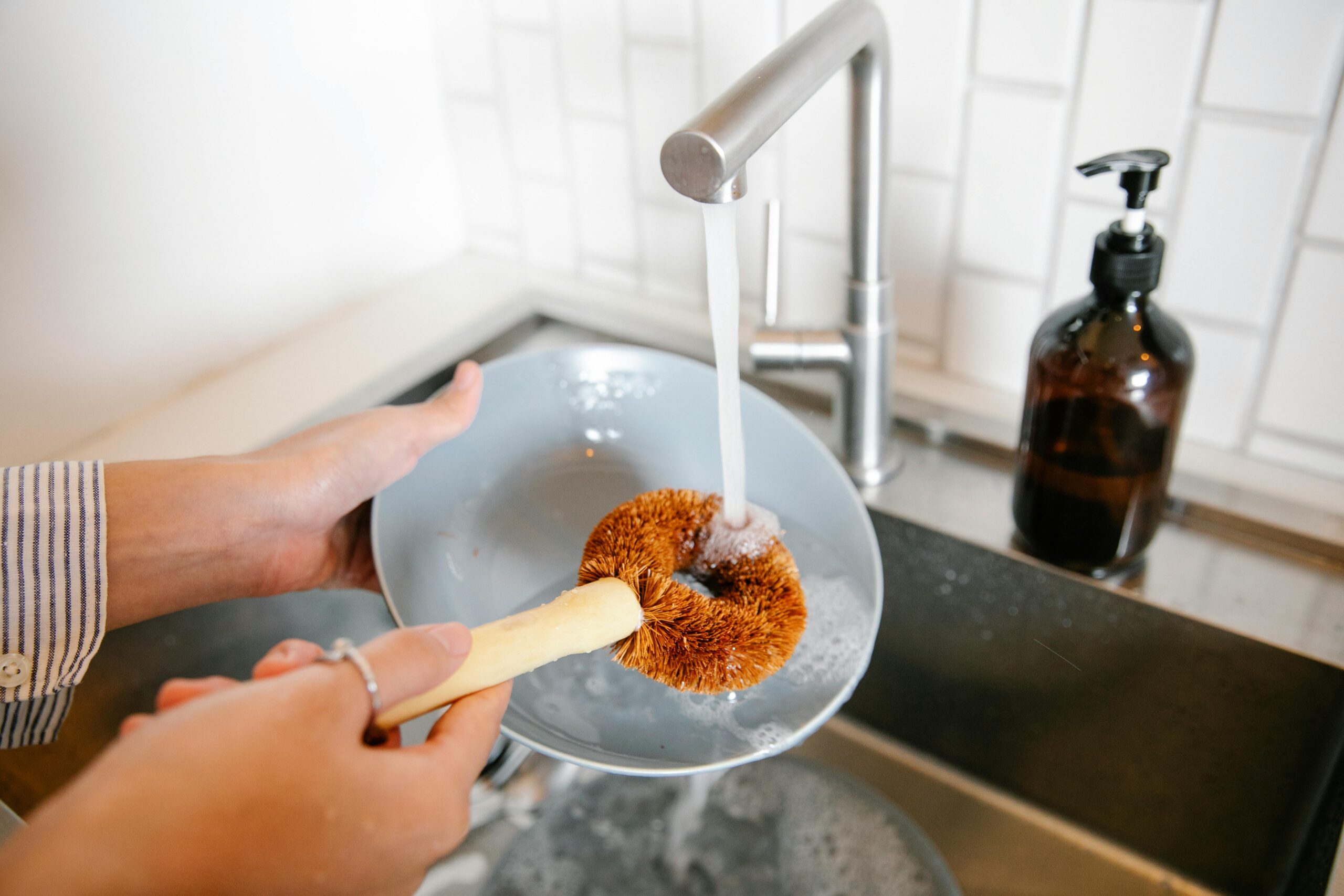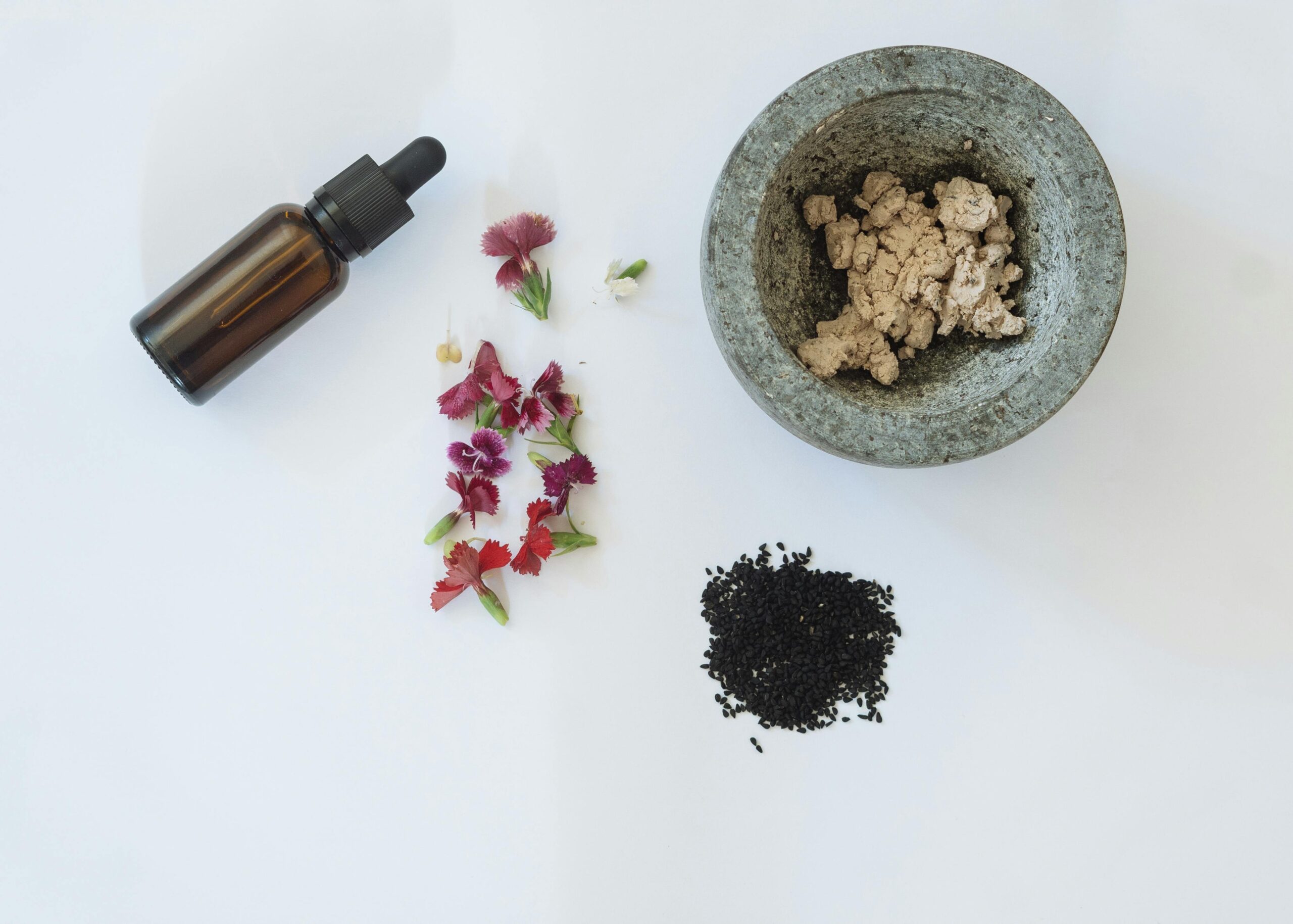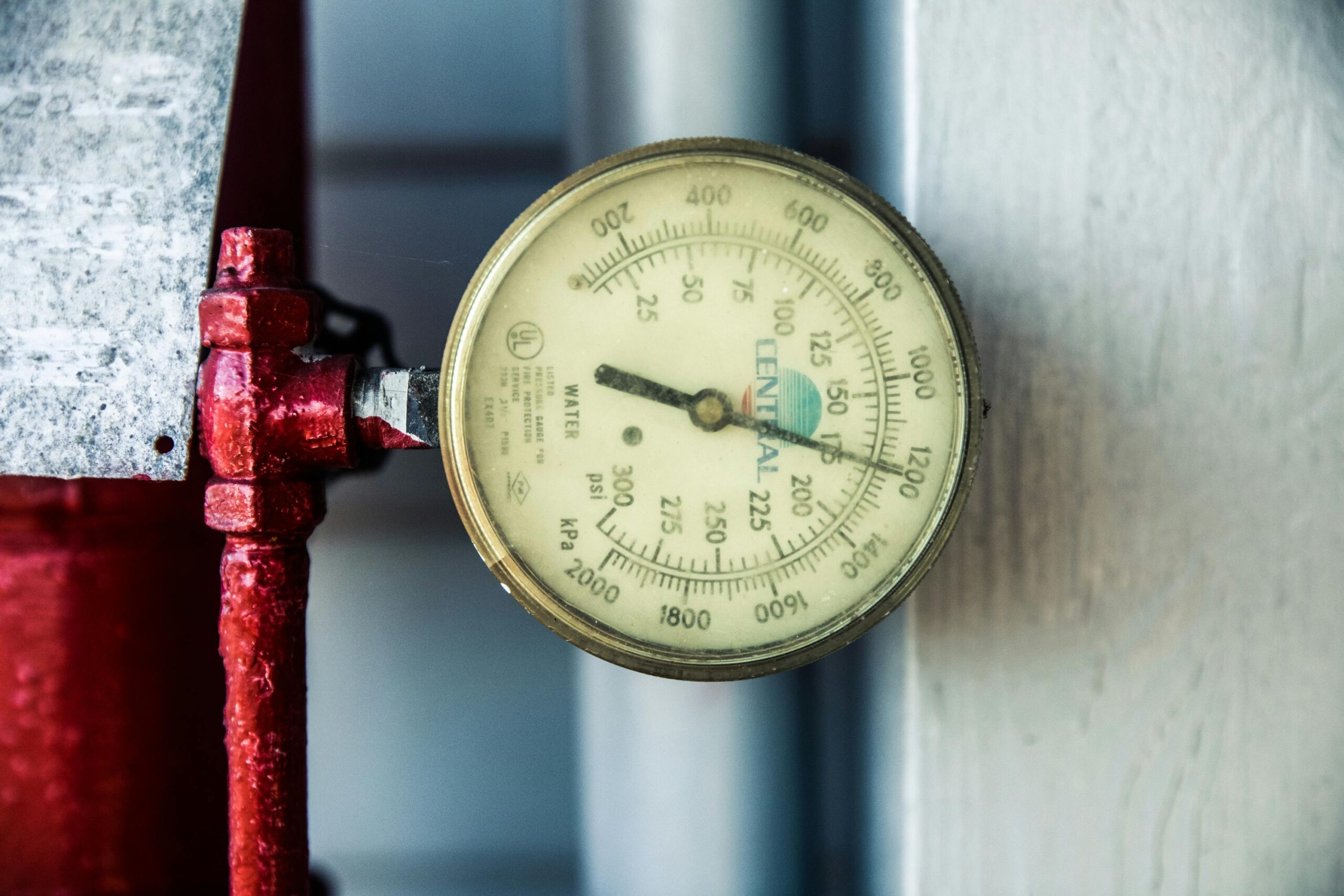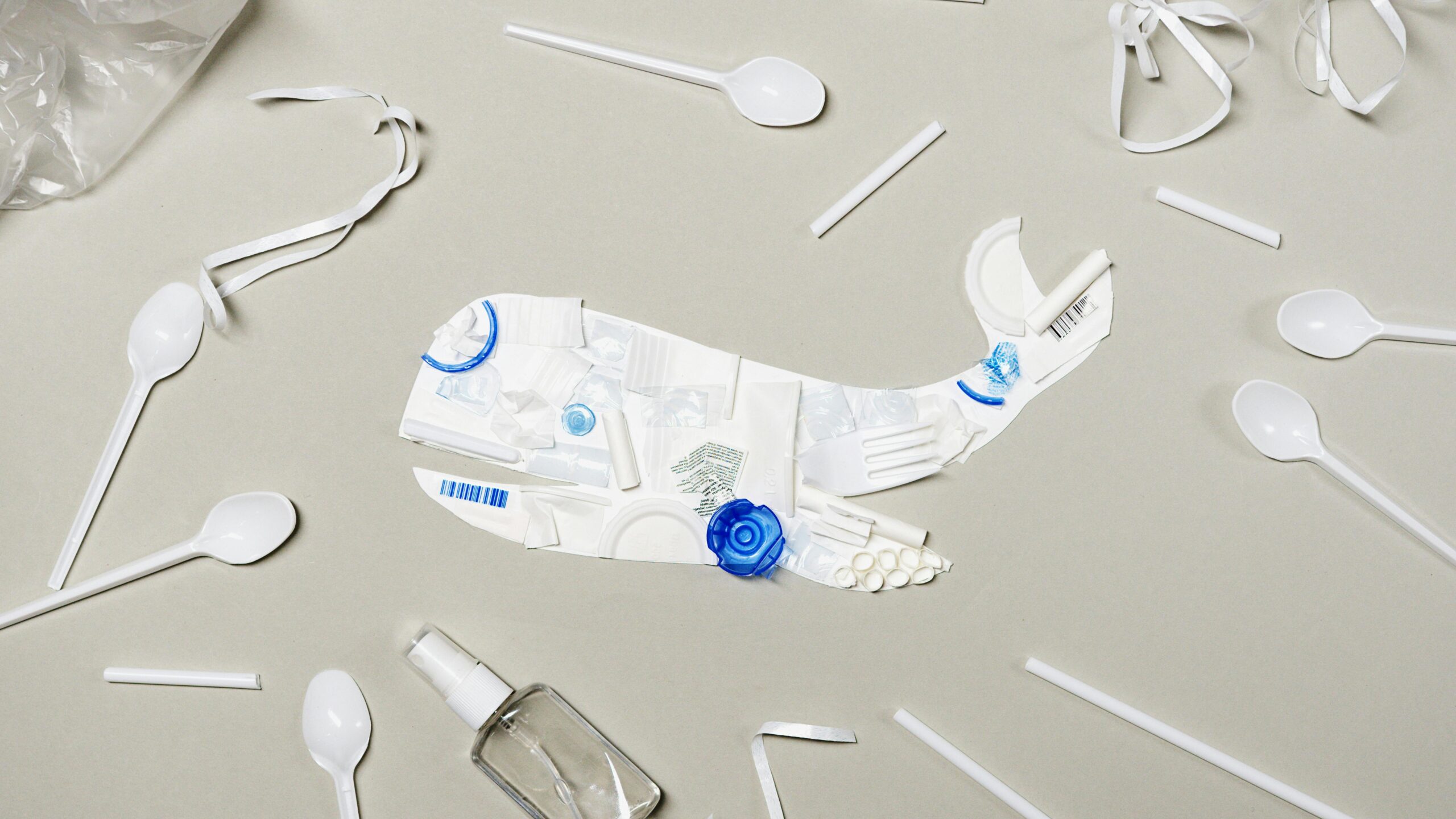Every plastic wrapper, bottle cap, and cigarette butt left on the ground can end up in our rivers, lakes, and oceans. And once it’s there, it doesn’t just disappear. It harms wildlife, pollutes ecosystems, and threatens the health of our planet.
But here’s the good news: keeping our waterways clean starts with one simple habit—don’t litter, and encourage others to do the same.
This small action supports Sustainable Development Goal (SDG) 14: Life Below Water, which focuses on conserving oceans and marine resources for sustainable development.
Why Waterways Matter
- Over 8 million tons of plastic enter our oceans every year.
- Litter harms marine life—90% of seabirds have plastic in their stomachs.
- Clean waterways support biodiversity, tourism, and even our drinking water systems.
Small Lifestyle Tweaks That Help
1. Always Carry a Bag for Trash
Whether you’re out on a hike, at the beach, or just walking in the city, keep a reusable bag handy to collect your own waste—or any litter you spot.
2. Pick Up One Piece a Day
Make it a habit to pick up just one piece of litter daily. It adds up, and others may follow your lead.
3. Say Something (Nicely)
If you see someone littering, kindly remind them how much that action can affect the environment. A small nudge can lead to big awareness.
4. Organize a Mini Cleanup
Invite a few friends for a quick clean-up at a nearby stream, park, or beach. It’s fun, social, and impactful.
5. Use Your Voice Online
Share tips, photos, or facts about clean water habits. Your influence can ripple outwards.
Take the Waterway Clean-Up Challenge!
This week, challenge yourself to:
- Pick up at least one piece of litter you see outdoors.
- Avoid littering at all costs—even tiny bits like gum or bottle caps.
- Encourage one person to join you in keeping the environment clean.
Why This Supports SDG 14
Protecting life below water begins on land. By keeping our surroundings clean and encouraging mindful habits, we prevent pollution from ever reaching our oceans.
So the next time you’re near a waterway—or anywhere, really—bin it for the blue. Clean spaces lead to healthy oceans.




